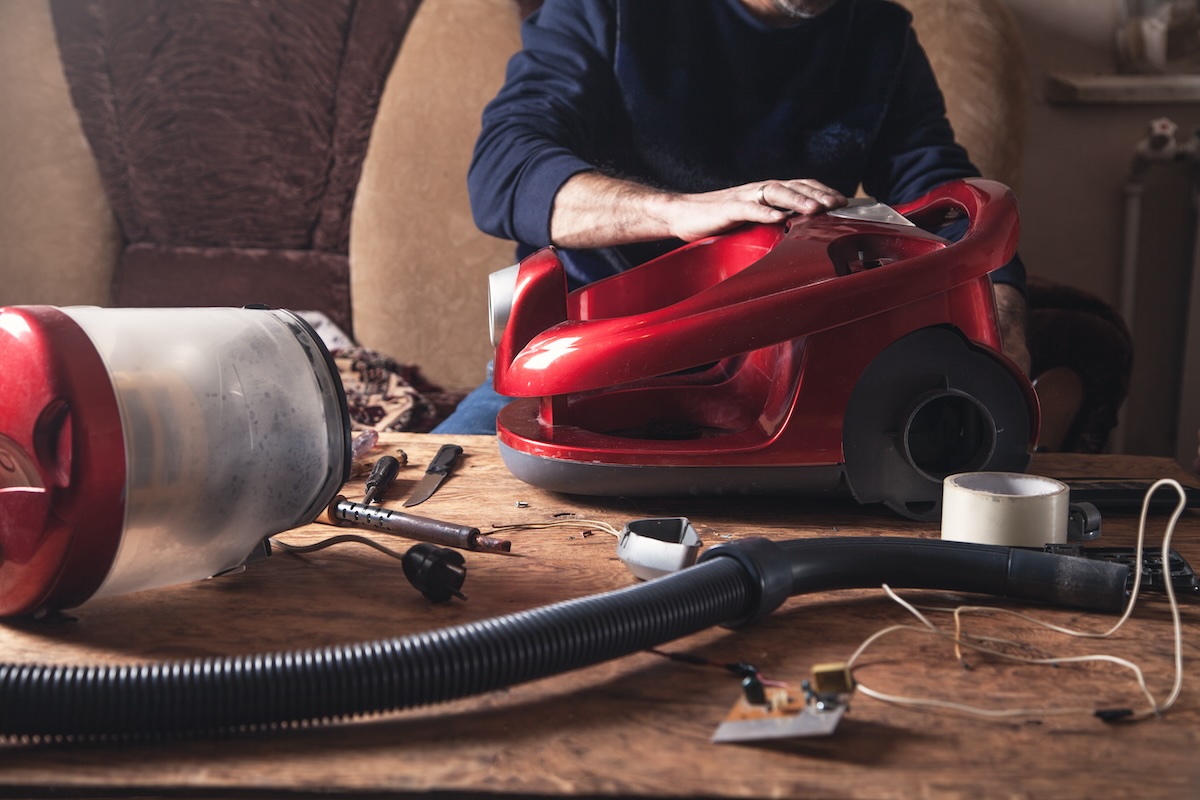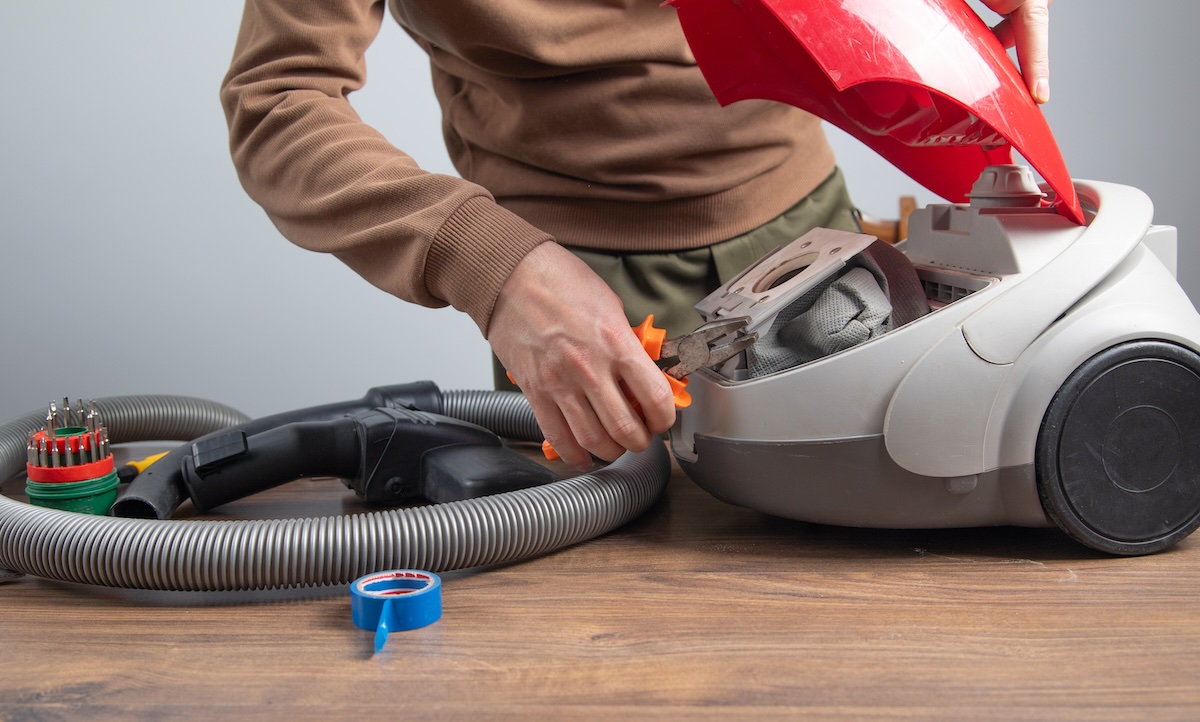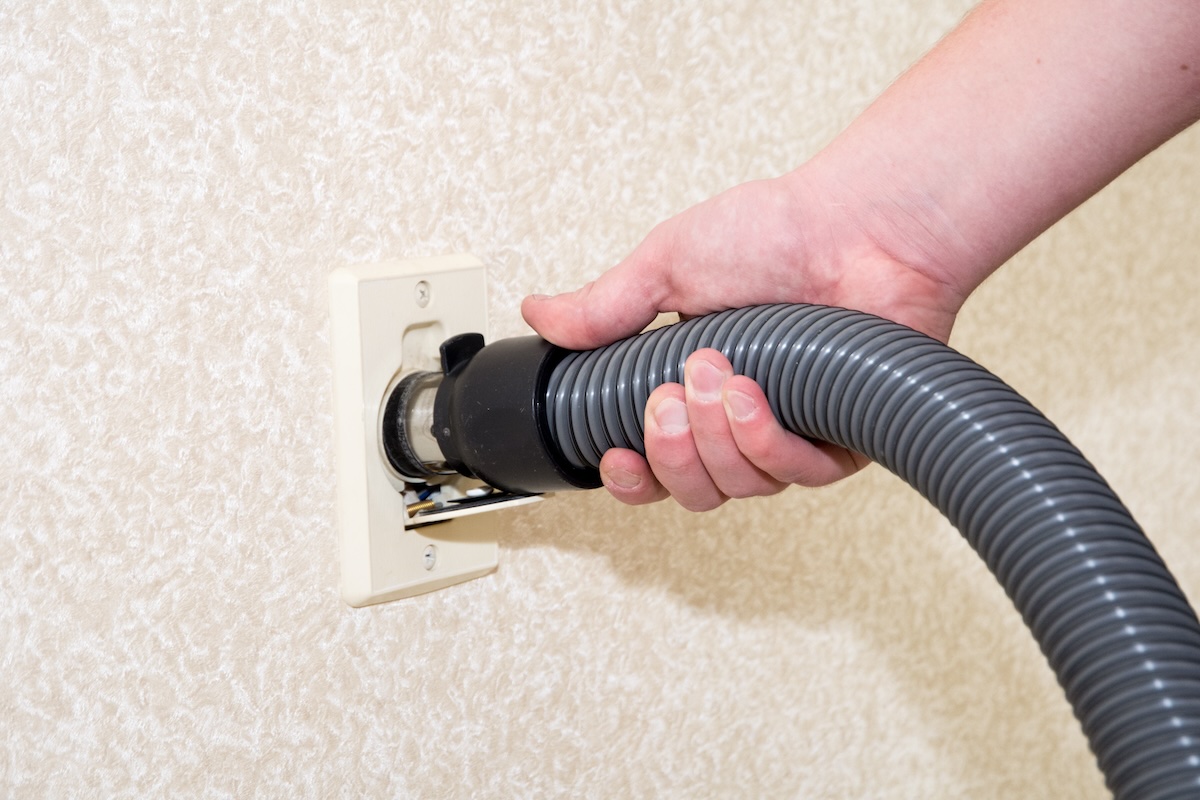Have you ever stood in front of the high-end models at a specialty vacuum cleaner shop, comparing the sleek, feature-rich machines to the more basic models you’ve seen in the big box store aisles?
Maybe you’ve tried to compare the specs of the sleek, feature-packed machines from manufacturers like Miele, Riccar, and Sebo against the more common retail store brands, and found that the specifications listed can seem like a jumble of technical jargon. All kinds of numbers and terms like “cyclonic technology,” “HEPA filtration,” and “multi-surface capabilities” float around—making it hard to determine if they’re just specs that look good on the box, or if they truly translate to better performance. (This is why it’s helpful to head to your local vacuum shop—There, you can actually see these machines at work, test them yourself, and get real, understandable, expert advice on what all those features really do.)
It’s a common shopping dilemma: Invest in something high quality now, or save some cash and hope for the best.
Today, we’re going to look at the facts and find out when spending a bit more for your vacuum cleaner makes sense. Whether you’re dealing with a furry friend’s sheddings, a toddler’s daily path of destruction, or just everyday dust and debris, a high-quality machine can fundamentally change the cleanliness and hygiene of your space.
With a better vacuum cleaner, what can otherwise be a chore fraught with annoyances—from clogged brushes struggling with pet hair to ineffective suction on cereal spills and crumbs—can turn into a smoother, more effective routine, saving you time—and frustration.
Higher-End Vacuum Cleaners Compared to Budget Machines

1. Higher Suction Power
The heart of any vacuum is its suction power, and this is where higher-end models really shine. They’re built to suck up everything from pet hair buried in your carpet to those fine dust particles that seem to dance right out of reach.
Budget vacuums? They might start strong, but many lose their “oomph” quickly, leaving you going over the same spot again and again.
With a premium model, you get that deep-clean feeling on the first pass—saving time (and sparing your back.)
Fun Fact: Ever wondered how they measure the suction power of a vacuum cleaner? It’s not as simple as “more noise, more power.” Suction power is measured in two key ways: CFM (Cubic Feet of air per Minute) and Air Watts. CFM is the most commonly-listed specification on vacuums in the United States and air watts, and it tells us how much air the vacuum pulls in. Air watts combines this airflow with suction strength, but it can be a bit more complex to calculate and less intuitive for consumers compared to CFM, so it isn’t always featured as prominently in product specs. That said, CFM is a reliable indicator of the vacuum’s power and effectiveness in real-world cleaning situations. A typical household vacuum cleaner might have a CFM rating between approximately 50 to 100 CFM. However, as just one example, Sebo vacuums start at 103 CFM on their lowest suction model and go upward from there.
2. Quieter Operation
Ever try to vacuum while the baby’s sleeping? Or maybe you’ve got a pet that scatters at the first whirr of a motor.
Premium vacuums often come with noise-reduction technologies that keep the decibel count low. This means you can clean up during naptime, or even binge-watch your favorite show without the loud drone drowning out the dialogue.
3. Filters That Do More Than Just Filter
If you’re sneezing every time you clean, it might be your vacuum cleaner to blame. High-end vacuums often come equipped with advanced filtration systems like HEPA air filters, which trap a whopping 99.97% of dust and allergens. (Aerus is well-known for their focus on air purification.) These definitely aren’t just specs on a page—they’re real-deal, breathe-easier benefits for anyone with allergies or pets. It’s helping to purify the air in your home every time you clean.
4. Built to Last
Here’s the kicker: while you might flinch at the initial price tag, these machines are an investment. Made with superior materials and designed to handle the wear and tear of cleaning, high-end models can last for years—often decades.
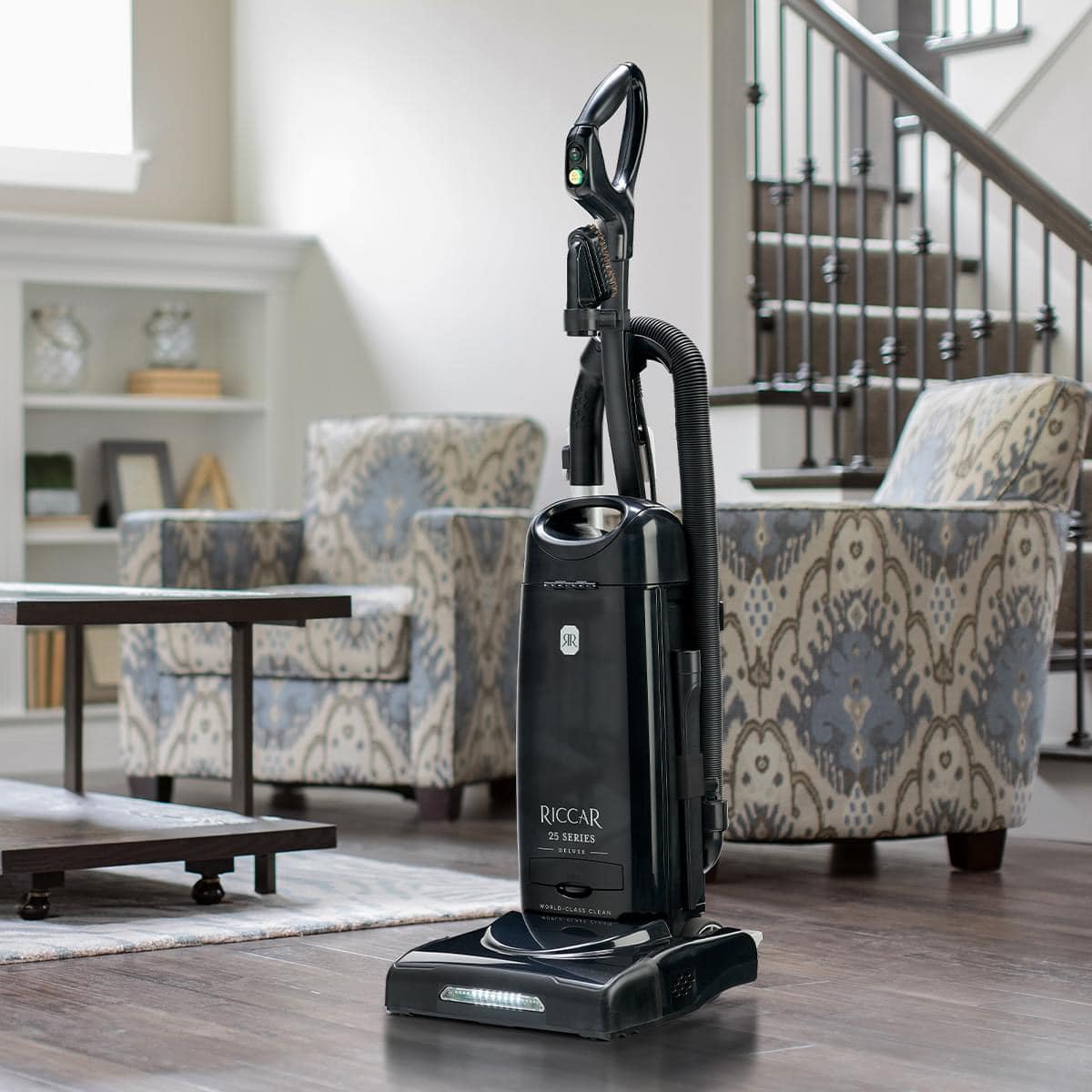
Cheap vacuums often end up in the landfill after just a few years of use—sometimes earlier. Typically crafted with lower-quality components, budget models from big box stores can start losing their cleaning effectiveness after a few years or in the worst cases, a few months. Motors burn out, belts break, and what may have seemed like a mighty little machine for the first few months starts to falter—before you’ve really gotten your money’s worth. So what’s pricier in the long run?
If service is needed on a premium vacuum, manufacturers of these machines will often offer comprehensive warranties that cover unexpected vacuum cleaner repair. So, in the long run, investing in a more expensive, quality vacuum cleaner can actually be the more economical choice, sparing you the cycle of buy, break, and discard that comes with “budget” models.
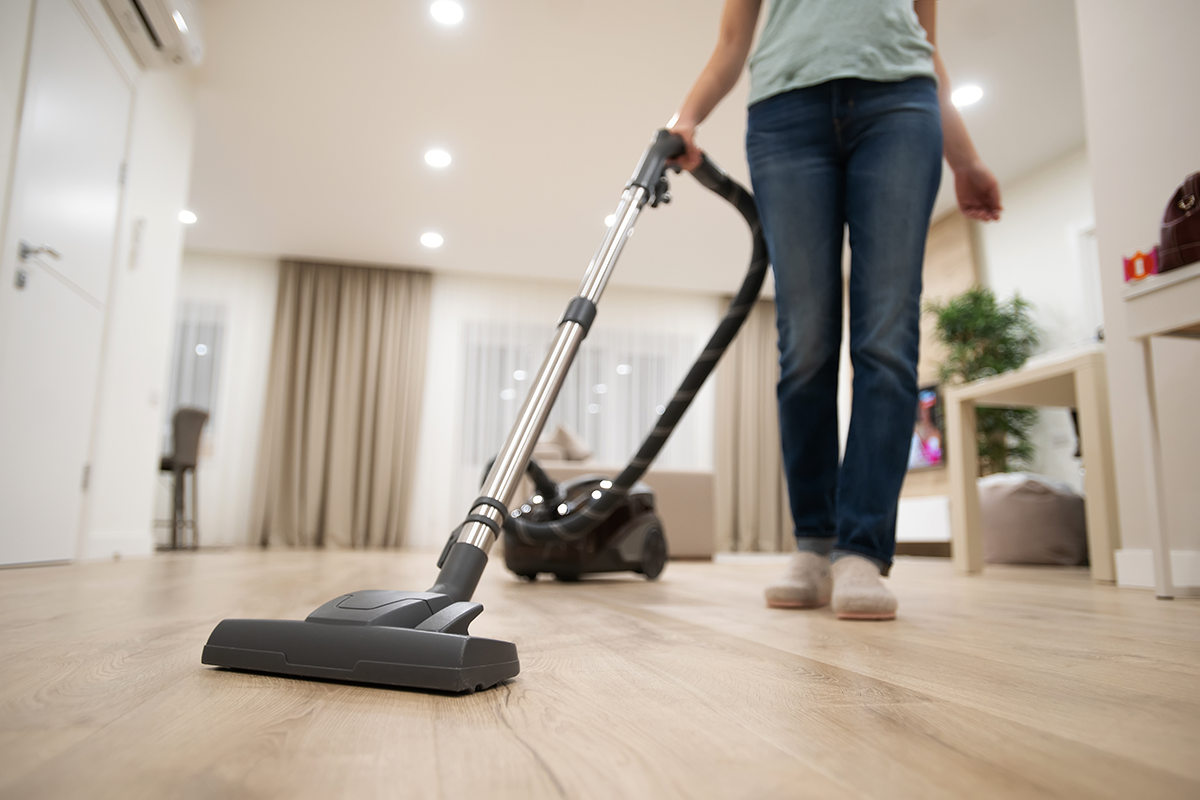
Key Takeaways: Is a High-End Vacuum Worth It?
- Powerful Suction That Lasts: Ever notice how some vacuums just lose their kick after a few months? Not the high-end ones. They come out swinging with strong suction and don’t quit, making sure you’re not wasting time going over the same spots again and again.
- Quiet Enough for Naptime: If you’ve ever tried to sneak in a quick clean during naptime or when your favorite show is on, you’ll appreciate that high-end vacuums are often much quieter than budget models. So go ahead, vacuum during the baby’s nap or while binge-watching—your peace won’t be shattered.
- Filters That Really Filter: Speaking of peace, let’s talk about peace of mind. These vacuums often pack some serious filtration, like HEPA filters, that trap the tiny particles that tickle your nose or make you sneeze. Thus it’s not just the floors and furniture you’re cleaning—you’re cleaning the air in your home as well.
- Built Like a Tank: These vacuums can be pricey upfront, but they’re built to last. Think of it as the difference between a disposable camera and a good DSLR. The disposable is cheaper, but which one is better at taking photos and a better investment in the long run?
While high-end vacuum cleaners offer a range of advanced features and benefits, they might not always be the best fit for everyone:
- For individuals or families who live in smaller spaces, such as apartments or studios, the extensive capabilities and higher costs of premium models may not be necessary.
- If your home has no/minimal carpeting or you don’t face significant cleaning challenges—like pet hair, allergies, or high-pile carpet/rugs—a simpler, budget-friendly vacuum might suffice.
However, in reviewing the costs and benefits of these “luxury” vacuum cleaners, it’s important to consider the long-term implications of your choice. The initial investment might be higher, but the advantages—powerful and lasting suction, reduced noise levels, superior air filtration, and overall better build quality—contribute significantly to cleaner, healthier living in your space. There are often other perks with premium vacuum cleaners like better energy efficiency, advanced cleaning technologies, and versatile tools to clean every nook and cranny of your space.

The durability of premium vacuum cleaners means they can operate effectively for many years, often outlasting and outperforming cheaper models, and offering better long-term value. Ultimately, investing in one of these machines means investing in a cleaner, healthier living environment for years to come.


